14 December 2020
What is mathematics? Or better: what isn’t it?
By Andreu Arbó i Trabado.
It has been a long time since the international tests that evaluate the educational systems of the countries give some not very encouraging results about the competitive evolution in mathematics and science – technology in some countries (the last results, those of the TIMSS).
Some respond to these poor results with phrases similar to the items that these tests evaluate do not match our objectives. I would partly agree with these statements if it were not for the fact that the evidence demonstrating this decline in mathematical and scientific-technological competence is multiple; and furthermore, we continue to pay for applying these tests and obtaining their results.
Moreover, it is contradictory that in the period when our country is investing more resources in primary and secondary education we have worse results. I am not saying that there is no lack of resources, but this small detail gives us the idea that resources are not the essential factor of the problem in mathematics, science or technology.
Let’s focus on math education. And to do that, let’s ask ourselves, what is math? Or better yet: what is not? Well, what they are not is just an effort to memorize algorithms and resolution procedures.
Nowadays many of the teachers have focused on “preparing” the students to pass and know how to solve the official tests. But this aspect, in the end, is a procedural education; that is, if the students have learned to do certain types of mathematical tests perfectly, any small variation of these will lead them to get lost and not understand what they have to do. In contrast, if we teach mathematics, all aspects related to this knowledge will be accessible.
Do the exercises and problems that we propose to our young people need to be “real”? Yes, if possible it is better to contextualize their learning. But we cannot forget about the abstract and pure thinking part of mathematics because if we forget about this point, the same thing that I mentioned in the previous paragraph will happen again.
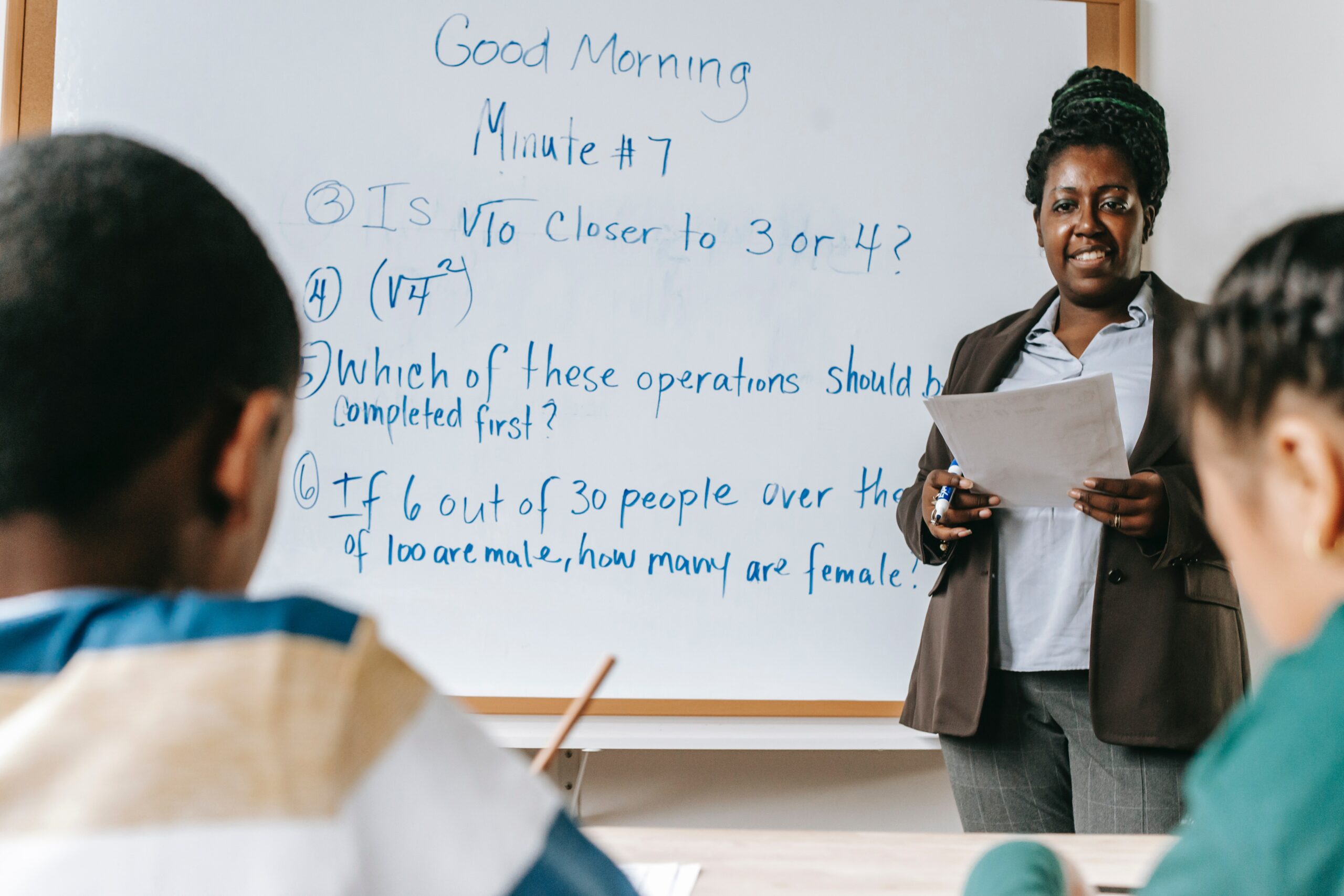
Let’s look at math contests created by mathematicians (such asLes Cangur):
Most exercises are of pure thought; they are not, for example, of the type “what will we find when we go to buy…”. I reiterate, then, that we cannot confuse basic skills with “utilitarianism” or “real life mathematics”; and this confusion is deeply rooted.
Another wrong point that today’s teachers make is trivialization. In other words, to make mathematics trivial, to move away from the aspects that students find difficult to acquire by making them easy. But mathematics is not exactly trivial; in order to understand it, one must make a voluntary effort and carry out a conscious dedication.
To give an example, most high school students, when you say “this is a second degree equation”, know that they have to use “the formula of the second degree equations” to solve it. But do they know what it means to solve it? Do they know that they have to use it without us telling them? Do they know how to understand where that formula came from?
We also have to talk about society’s disaffection with mathematics. The fear and aversion that has been established throughout our world is passed on from generation to generation.
This point is key because many teachers who try to guide young people’s mathematical learning are not motivated, do not like, do not understand or even refuse pure mathematics. How can a student be competent in mathematics if his or her “educational coach” has shortcomings such as those mentioned?
This is another important aspect of the problem: we believe that a good mathematics teacher is one who knows how to explain the mathematics in the educational curriculum, and this is not the case; much more is needed. To summarize it briefly: a good teacher must have superior knowledge than the one he or she has to teach, know how to answer all the questions or know how to find the answers; have affinity with his or her students, know how to motivate, show empathy or know how to make an adequate use of his or her pedagogical knowledge; have a wide range of methodologies to achieve the same knowledge and concepts in order to personalize learning; diversify the evaluation tools and not only put tests to evaluate his or her students, or not only work on projects.
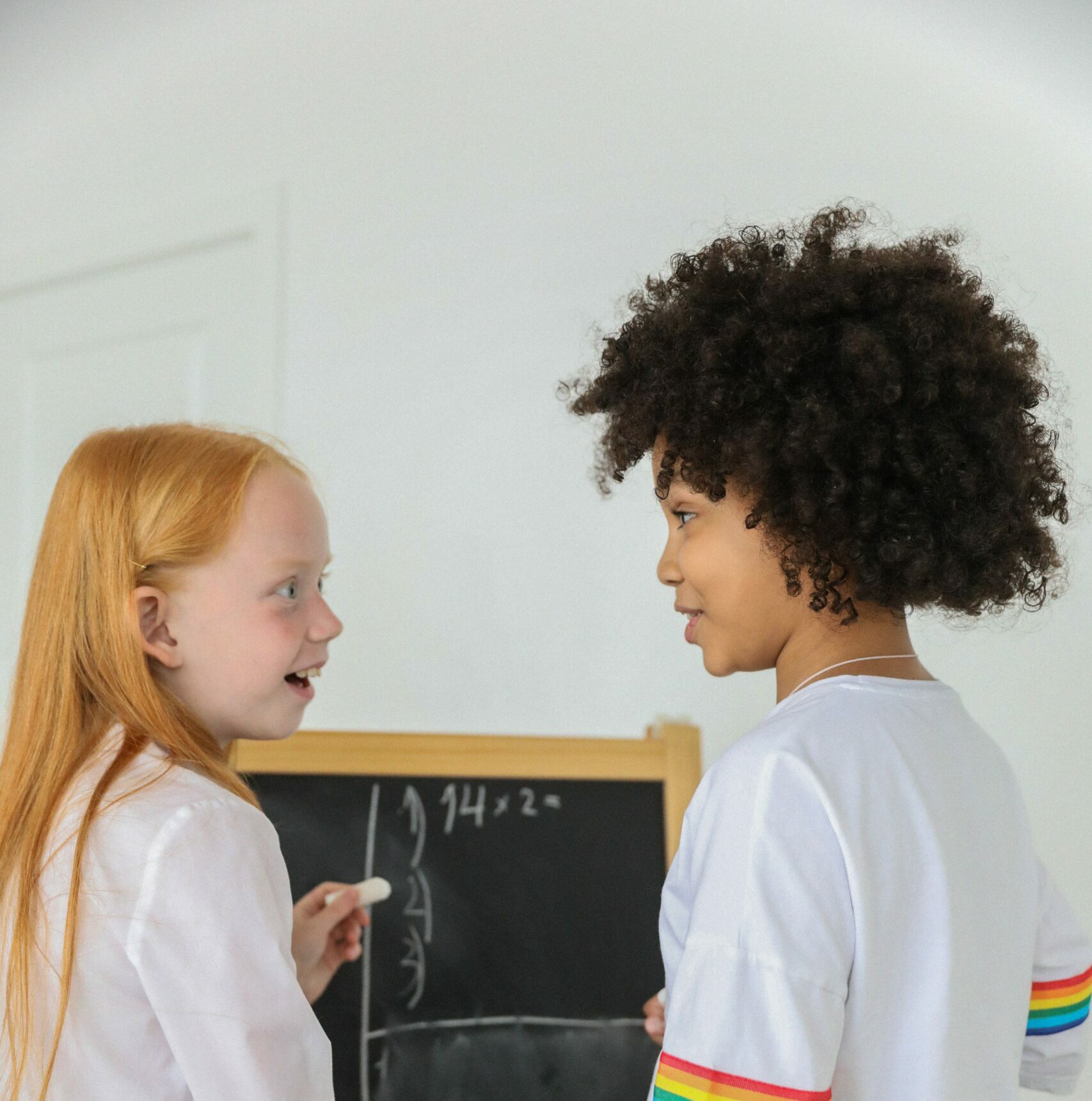
A good teacher has to have higher knowledge than the ones he has to teach, to have affinity with his students, to know how to motivate.
It is incredible to see how many teachers who teach mathematics, in their university education said without the slightest blush that they “hated” mathematics.
Finally, we have to ask ourselves if the curriculum of this subject is acceptable or not. Let us note that the educational curriculum has been the same for many years; it coincides with that of our parents, or rather, it is like that which was taught in BUP and COU. But do we have the same kind of students? Does society respond to the same circumstances outside the school as before? It is clear that no, and this means that most teachers do not get to work the curriculum provided in any of the courses.
The most classic is to finish secondary school and not have seen either probability, statistics, or combinatorics; but the failure to comply with the curriculum goes far beyond “not having seen”; the acquisition of knowledge is barely consolidated from elementary school. The current students outside the classroom have some priorities or needs that favor other curricula or competencies; however, these new demands mean that they do not dedicate the time to consolidate or understand the necessary work to face the shortcomings of the mathematical field. It is important that teachers try to reflect a few moments after a class; we have to be able to do this in order to adapt the sequencing to reality, to be able to prepare the new classes, to know what points to alter, what to deepen, what to reiterate… But do our students, in a generic way, have this time? Can they, outside the center, stop to review everything they have done in the different classes and ask themselves what they have not understood, what they have assimilated and what they have not and do exercises to consolidate those procedural aspects? The answer is clear: students neither have the time nor, many times, the desire.
It is important that teachers try to reflect for a few moments after a class; we must be able to do this in order to adapt the sequencing to reality, to be able to prepare the new classes, to know what points to alter, what to deepen, what to reiterate.

Does this mean that we have to assume not to work on the whole curriculum? No! Not at all! Let’s remember that the curriculum is a democratizing tool for education, having it shows us what we can ask from all of society equally, it allows us to know which path we have to follow to make the necessary intellectual aspects of our students grow, it helps us to seek the same goals for everyone. But as we can see, the mood of society has changed, so the curriculum has to be modified and not only in terms of methodological aspects, which has already been tried to do with competency-based learning despite the fact that, as we have already said, there is no ideal interpretation of what competency-based learning is. The modification of the curriculum must also affect the contents (or as prescribed in the Catalan curriculum, the “key contents”), and certainly the distribution of hours of the subjects.
In conclusion, the decline of mathematical competence (and also scientific-technological competence) is a serious problem that is not addressed with enough effort and willingness. In this article I have tried to be brief and concise, but it would require a deep and willing study, without fear of taking firm action, for the sake of our youth and its future.
Six key points to consider
- Teaching math: if we teach math, students will know how to do tests; if we teach how to do tests, they will not know math.
- Basic skills are not basic notions of everyday life.
- Mathematics is not trivial: we have to make a commitment to dedicate an effort to understand pure mathematics.
- The disaffection of some teachers with mathematics has to be compensated with teachers who like mathematics and demonstrate it. Also that they are empathetic with their students.
- Drastic modification of the curriculum: we must change the learning objectives because the students have changed, as has society. And we must also extend the time allocated to this subject because outside the schools will devote very little to it.
Related to: Article
You might also like




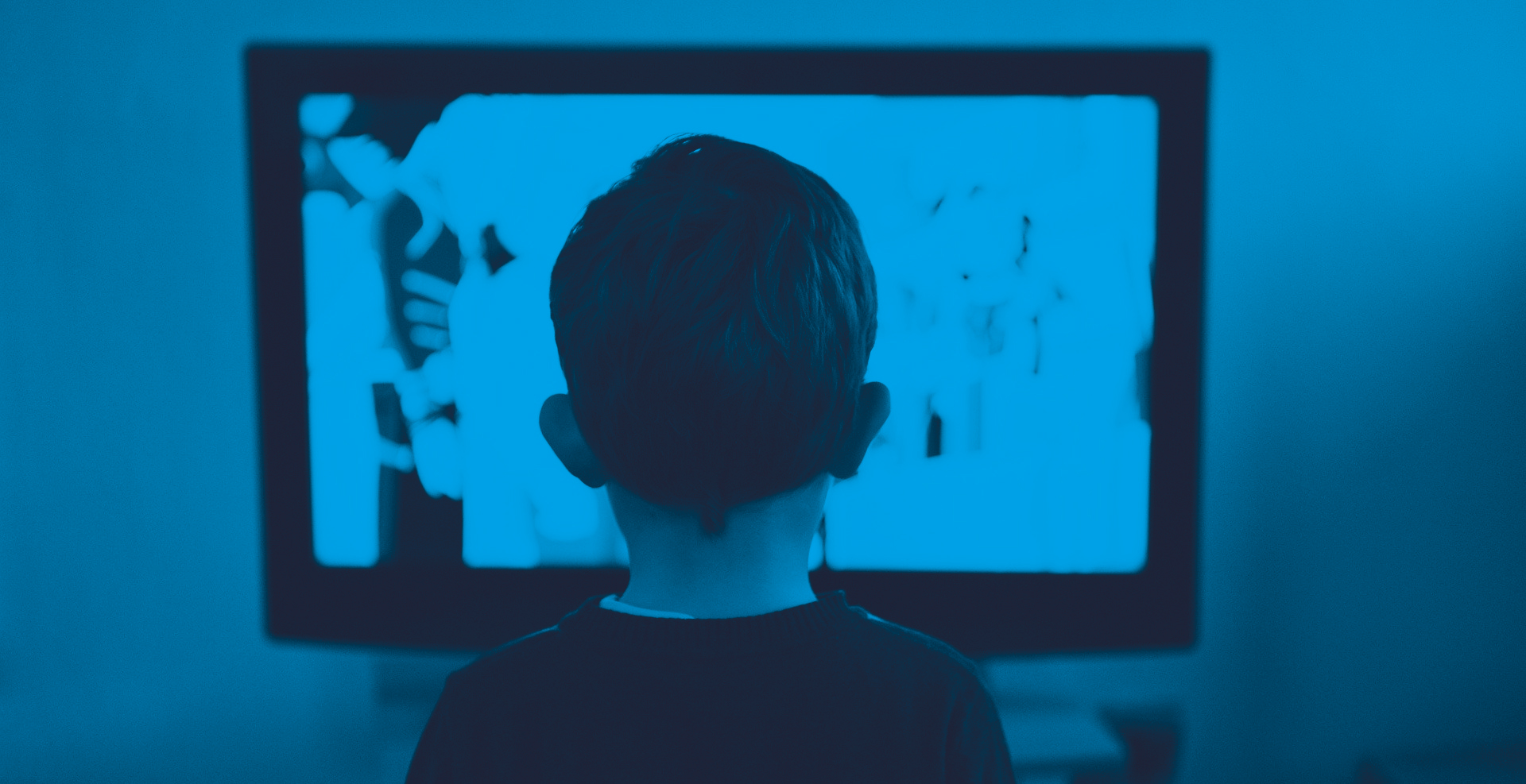
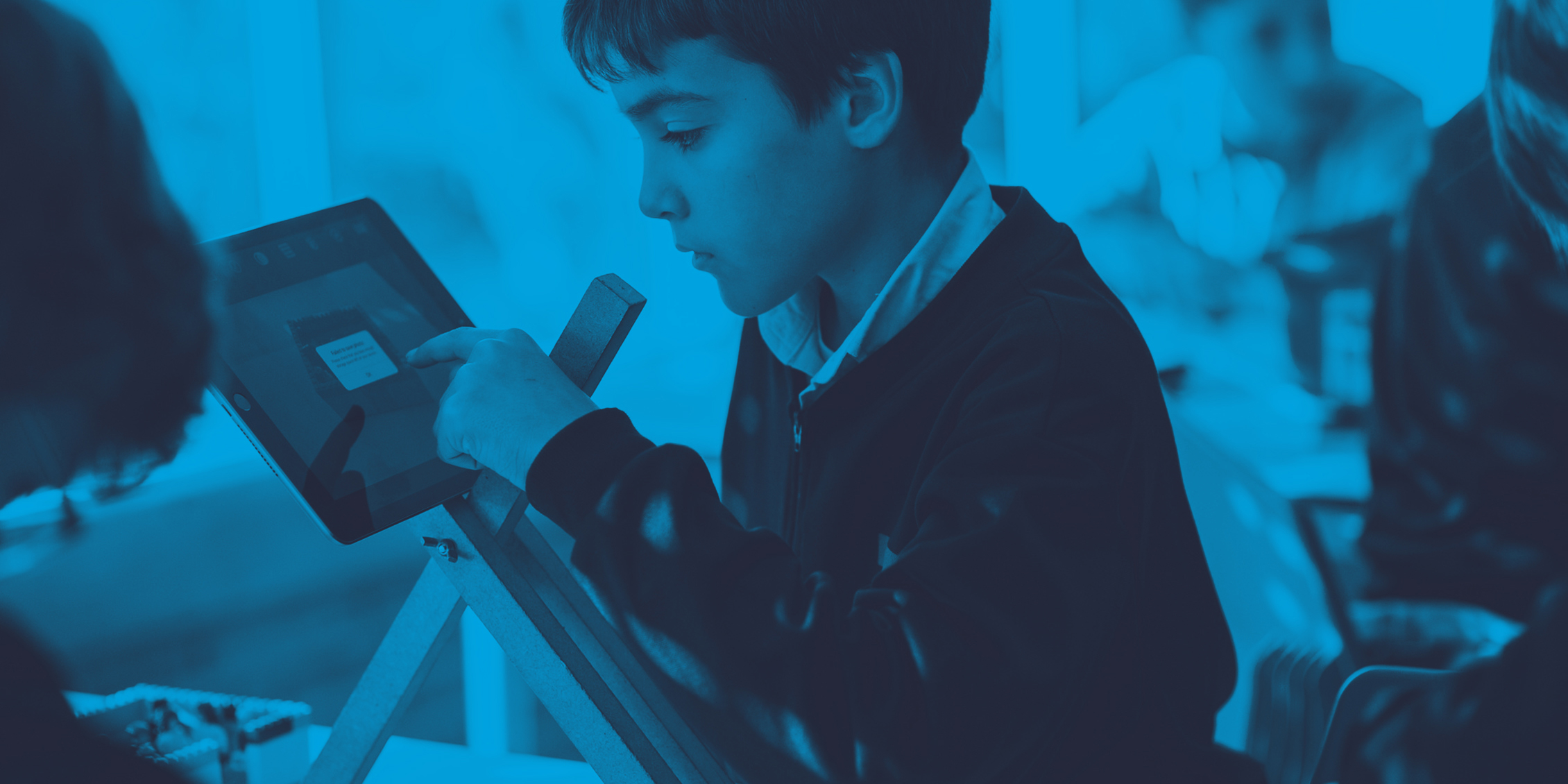
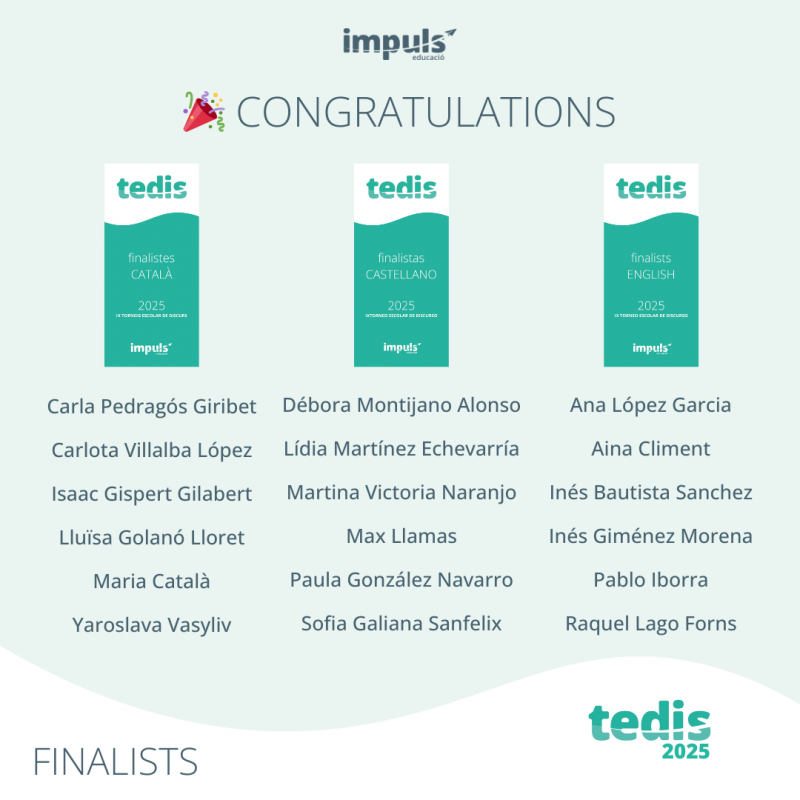
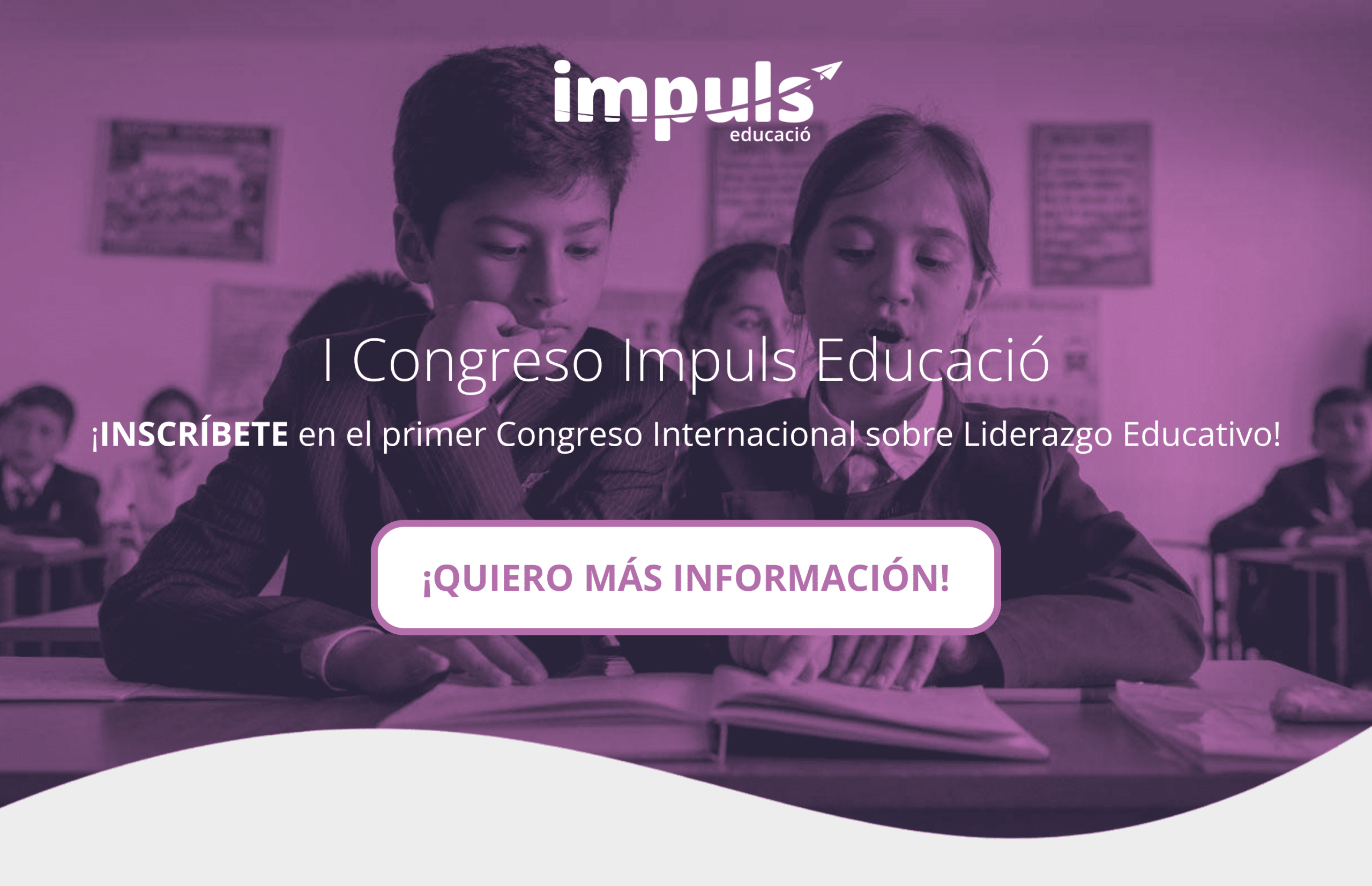
Leave A Comment